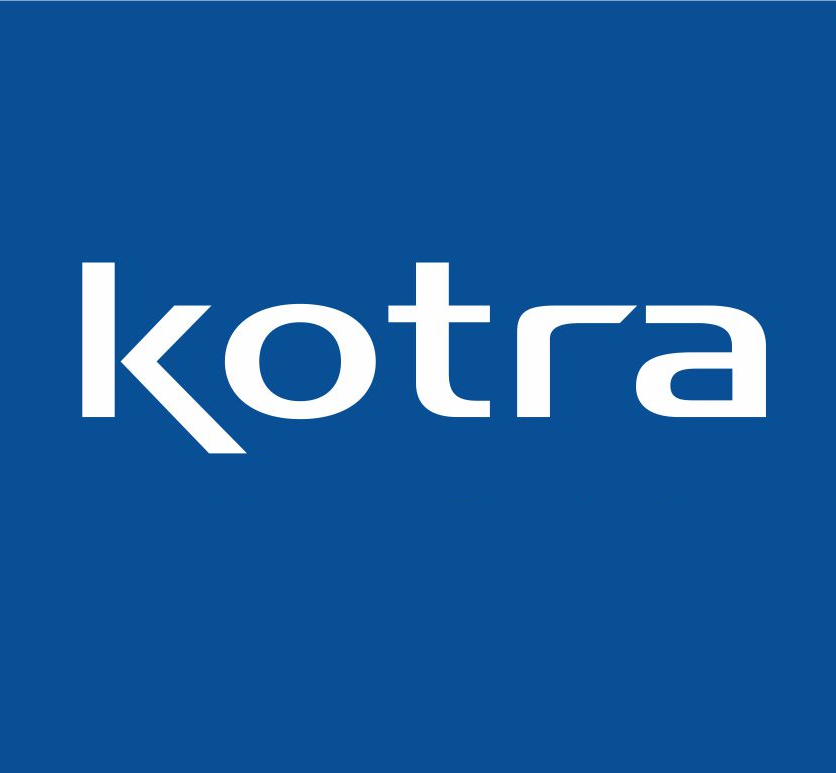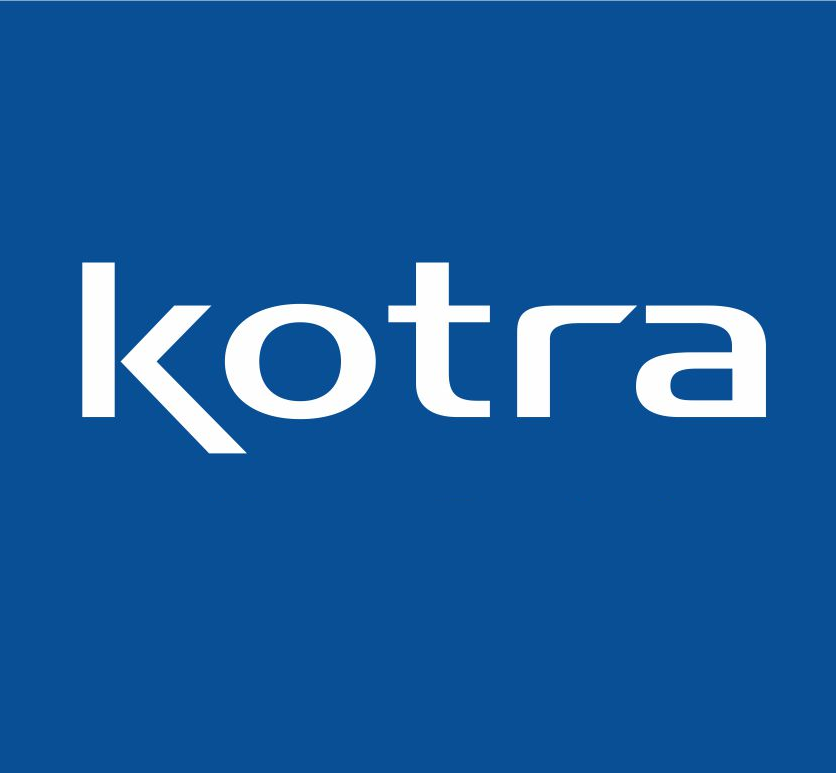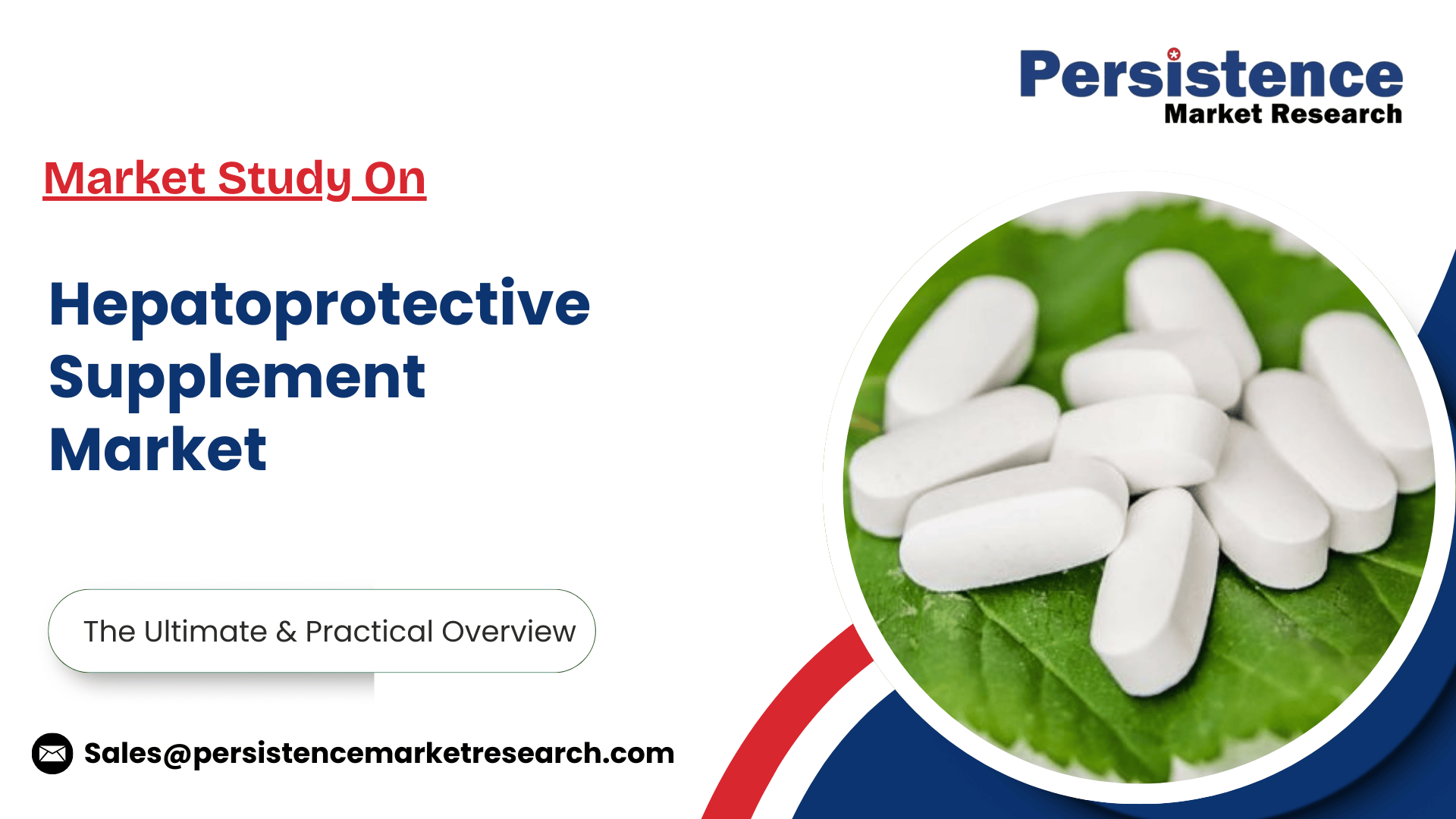The global hepatoprotective supplement market is on a robust growth trajectory, reflecting the rising prevalence of liver-related conditions and increasing consumer preference for natural and preventive healthcare solutions. According to latest industry estimates, the market size is projected to be valued at US$1.7 billion in 2025 and is forecasted to expand to US$2.8 billion by 2032. This growth translates to a compound annual growth rate (CAGR) of 7.5% between 2025 and 2032, positioning the sector as one of the most promising within the broader nutraceutical and pharmaceutical industries.
The hepatoprotective supplement market, which encompasses products aimed at safeguarding liver health, detoxification, and digestive well-being, is gaining traction amid growing awareness about lifestyle-related health issues. Rising alcohol consumption, increasing incidence of fatty liver disease, drug-induced liver injuries, and surging demand for herbal and nutraceutical remedies are some of the primary drivers behind this steady expansion.
Historical Data and Forecast Analysis
Between 2019 and 2024, the hepatoprotective supplement market experienced moderate yet consistent growth, driven primarily by consumer adoption of herbal and nutraceutical solutions in developed as well as developing regions. The COVID-19 pandemic further accelerated interest in immunity-boosting and liver-support supplements, pushing demand upward across both offline and online channels.
From 2025 onwards, the forecast period indicates stronger growth momentum fueled by innovation in product formulations, broader geographic penetration, and heightened demand from urban populations that are increasingly conscious of preventive healthcare. By 2032, market revenue is expected to nearly double compared to pre-2025 levels, with particularly strong adoption in Asia-Pacific and Latin America.
Market Dynamics
Growth Factors
-
Rising Prevalence of Liver Disorders: Increasing incidences of non-alcoholic fatty liver disease (NAFLD), hepatitis, cirrhosis, and liver cancer have created significant demand for hepatoprotective supplements.
-
Shift Toward Preventive Healthcare: Consumers are proactively embracing supplements to prevent potential liver damage caused by modern lifestyles, poor diet, and high alcohol intake.
-
Popularity of Herbal and Natural Remedies: Products derived from milk thistle, turmeric, licorice, and other botanicals are witnessing high demand due to their minimal side effects compared to pharmaceuticals.
-
E-commerce Expansion: The rapid penetration of online pharmacies and direct-to-consumer healthcare platforms is expanding market accessibility, particularly in emerging markets.
-
Government and Healthcare Initiatives: Awareness campaigns and healthcare initiatives encouraging preventive measures are boosting the adoption of hepatoprotective supplements globally.
Challenges
Despite its promising outlook, the hepatoprotective supplement market faces challenges, including regulatory complexities across regions, varying product quality standards, and limited clinical validation for certain herbal formulations. Additionally, competition from conventional pharmaceuticals for liver disorders could restrain the pace of growth in certain segments.
Segmental Analysis
By Product Type
-
Herbal Supplements: Expected to dominate the market owing to consumer preference for natural formulations with perceived lower side effects. Herbal products featuring milk thistle, dandelion root, and turmeric are widely marketed for liver detox and overall liver health.
-
Nutraceuticals: This segment is projected to grow steadily, driven by supplements enriched with vitamins, amino acids, and antioxidants designed to support liver function.
-
Pharmaceuticals: While holding a smaller share compared to herbal and nutraceutical products, pharmaceutical-grade hepatoprotective supplements are anticipated to remain crucial for patients with chronic or severe liver conditions.
By Application
-
Liver Health: Core segment, accounting for the majority of demand as consumers increasingly adopt supplements for preventing and managing liver conditions.
-
Detoxification: Rising popularity of detox programs and lifestyle-based cleansing solutions are fueling demand for supplements marketed under detox claims.
-
Digestive Health: Secondary application area, with hepatoprotective supplements being promoted as supportive solutions for digestive balance alongside liver care.
By End-use
-
Pharmacies: Traditional retail pharmacies continue to hold a major share, given their role in consumer trust and accessibility.
-
Hospitals: Prescription-driven demand for pharmaceutical-grade hepatoprotective supplements sustains hospital channels.
-
Dietician Clinics: Gaining relevance as healthcare professionals increasingly recommend preventive supplementation for liver and digestive health.
-
Online Pharmacies: Fastest-growing channel, reflecting the surge in e-commerce adoption and demand for convenience.
-
Others: Health and wellness stores, gyms, and alternative therapy centers also contribute to overall market growth.
By Region
-
North America: Strong adoption driven by awareness of liver health, high disposable income, and growing acceptance of nutraceuticals. The United States remains the largest market contributor.
-
Europe: Significant growth due to aging populations and increasing healthcare expenditure. Countries such as Germany and the UK are witnessing robust demand.
-
East Asia: Emerging as a key growth hub, particularly in China and Japan, where traditional herbal remedies are culturally ingrained.
-
South Asia and Oceania: India and Australia are leading contributors, driven by rising consumer awareness and availability of local herbal supplement manufacturers.
-
Latin America: Brazil and Mexico are driving regional growth, with expanding middle-class populations showing interest in preventive healthcare.
-
Middle East and Africa: Gradual but steady adoption, supported by growing healthcare infrastructure and consumer demand for herbal wellness products.
Competitive Landscape
The hepatoprotective supplement market is moderately fragmented, with a mix of global pharmaceutical companies, regional nutraceutical players, and emerging herbal supplement brands. Key players include:
-
Livestamin Healthcare: Known for its wide range of nutraceutical and herbal liver support products.
-
The Himalaya Drug Company: Leveraging its expertise in herbal healthcare to dominate herbal hepatoprotective supplements across Asia and global markets.
-
Mysha Health World: Emerging player focusing on innovative liver health formulations.
-
Chambio: Expanding its footprint with herbal and nutraceutical supplements targeted at detoxification.
-
Noreva Biotech: Offering pharmaceutical-grade liver support products with strong domestic presence.
-
Finecure Pharmaceuticals Limited: Strong focus on therapeutic hepatoprotective solutions.
-
Iscon Life Sciences: Known for nutraceutical and pharmaceutical offerings in liver care.
-
Others: Numerous regional and online-focused supplement providers are entering the market with niche products.
Strategic Initiatives
Market participants are increasingly adopting strategies such as mergers and acquisitions, collaborations with healthcare professionals, and product diversification to maintain a competitive edge. Several companies are investing in clinical research to strengthen product claims, while others are focusing on expanding distribution through digital and direct-to-consumer platforms.
Pricing Analysis
Pricing within the hepatoprotective supplement market varies significantly depending on formulation, product type, and regional market dynamics. Herbal supplements tend to be priced lower compared to pharmaceutical-grade products, making them more accessible to a broader consumer base. Premium nutraceuticals, however, are witnessing increased demand among urban populations willing to pay more for high-quality formulations.
Future Opportunities
Looking ahead, the hepatoprotective supplement market is poised to witness substantial opportunities across several dimensions. Personalized nutrition and tailored supplement solutions based on genetic and lifestyle factors are expected to gain traction. Additionally, the integration of advanced delivery mechanisms such as effervescent tablets, gummies, and functional beverages is likely to expand consumer appeal.
The ongoing digital transformation in healthcare will further open up opportunities for direct-to-consumer sales, telehealth integrations, and subscription-based supplement models. Moreover, emerging markets across Asia, Africa, and Latin America present vast untapped potential for global players seeking long-term expansion.
Conclusion
The hepatoprotective supplement market is entering a phase of dynamic growth, underpinned by rising consumer awareness, lifestyle shifts, and the growing importance of preventive healthcare. With revenue projected to expand from US$1.7 billion in 2025 to US$2.8 billion by 2032 at a CAGR of 7.5%, the market holds significant promise for industry participants. As companies continue to innovate, diversify, and expand globally, hepatoprotective supplements are set to play a pivotal role in the future of liver health and holistic wellness.



